Britain & Ireland 1066-1509
The Normans are coming – and they stayed and now we all speak French – actually we don’t , so why not? Well find out about the impact of the last great invasion into England and how the subsequent relations with France result in the Hundred Years War. Or learn about the Magna Carta and wars of the Roses – but this section is not all about war!
Sort by:
Date (Newest first) | Title A-Z
Show:
All |
Articles |
Podcasts |
Multipage Articles
-
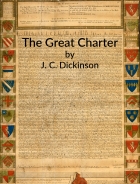
The Great Charter
ArticleClick to view -
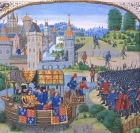
The Great Revolt of 1381
ArticleClick to view -
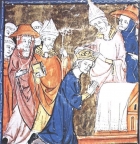
The Medieval Empire
ArticleClick to view -
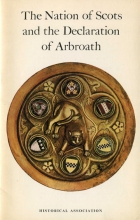
The Nation of the Scots and the Declaration of Arbroath
ArticleClick to view -

The Norman Conquest: why did it matter?
ArticleClick to view -
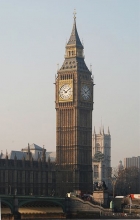
The Origins of Parliament
ArticleClick to view -
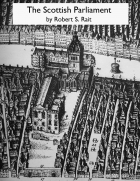
The Scottish Parliament by Robert S. Rait
ArticleClick to view -
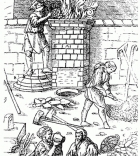
The Thirteenth Century Industrial Scene in England
ArticleClick to view -
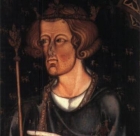
The Thirteenth Century Political Scene in England
ArticleClick to view -
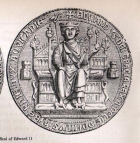
The Thirteenth Century Rural Scene in England
ArticleClick to view -
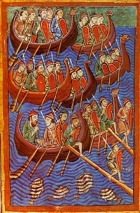
The Vikings in Britain
ArticleClick to view -

The archer's stake and the battle of Agincourt
ArticleClick to view -
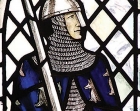
The dialogic dimensions of knowing and understanding the Norman legacy in Chester
ArticleClick to view -
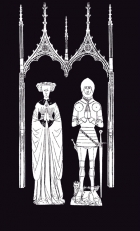
The soldier in Later Medieval England
ArticleClick to view -
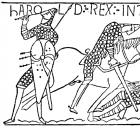
The strange death of King Harold II: Propaganda and the problem of legitimacy in the aftermath of the Battle of Hastings
ArticleClick to view -

Triumphs Show 157: What makes art history?
ArticleClick to view -
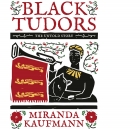
Triumphs Show 173: Teaching Black Tudors
ArticleClick to view -
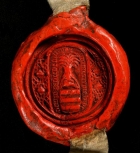
Using Medieval Sources
Multipage ArticleClick to view -

Using the present to construct a meaningful picture of the medieval past
ArticleClick to view -
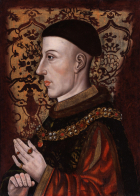
Virtual Branch Recording: Henry V, Henry the Conqueror?
ArticleClick to view

